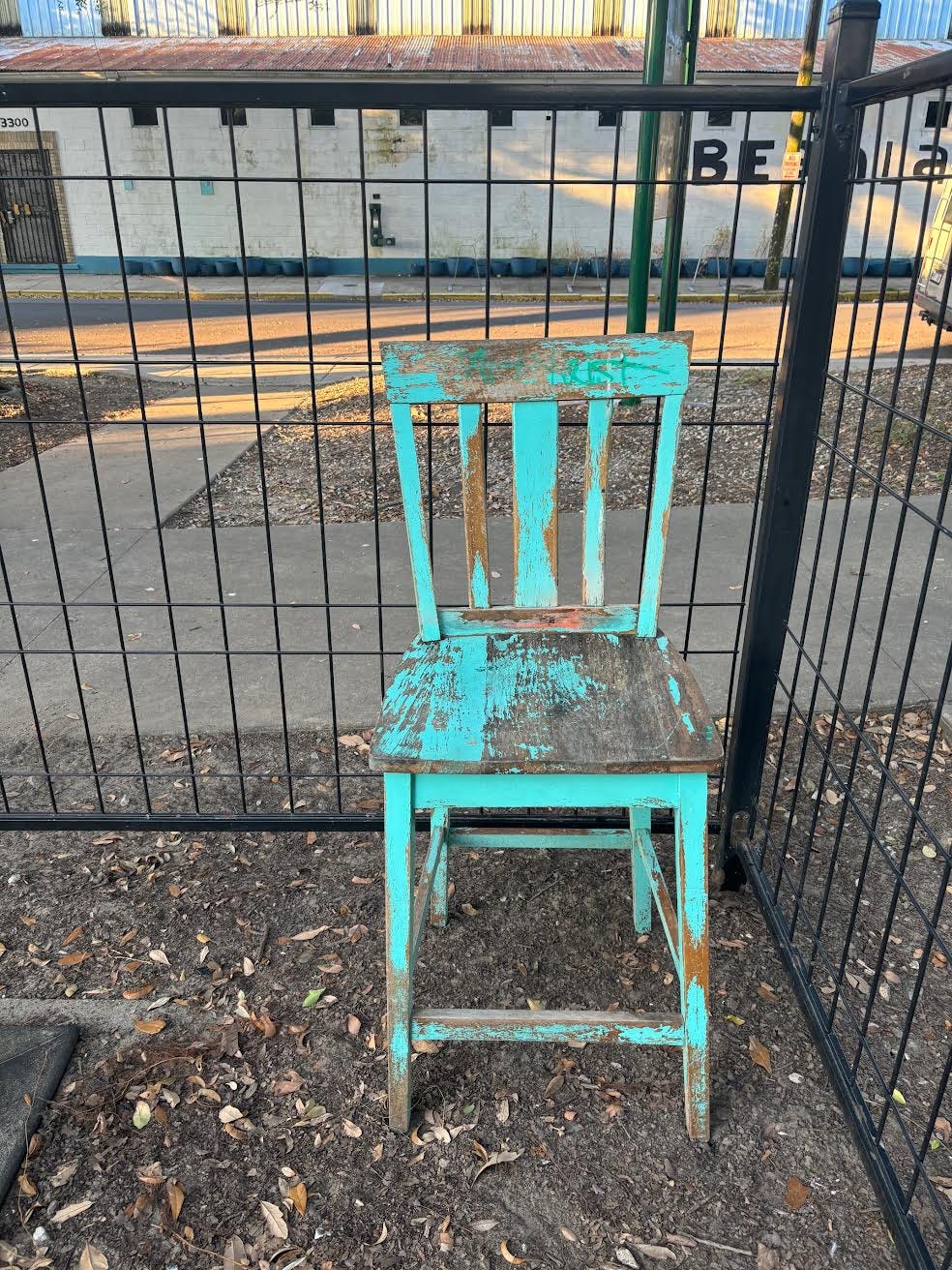On Self-Help
Hi friends.
I have this character in my new novel who spends a lot of time in the self-help world. Reading books, attending seminars, trying to figure who she wants to be in her life and how to better communicate. As with practically every character I’ve ever written, she’s flawed and sometimes tricky to love. (The most interesting people, in my opinion!) But someone who read this book recently said, “I know we’re not supposed to like her.” And I grew instantly protective of this character.
Because I wouldn’t have written her and spent all that time with her if I didn’t love her. She lived a very different life than mine in my many ways but she was funny and feisty and she never gave up. Yes, she spent a lot of time mired in the self-help milieu (to a fault) but at least she was trying to figure herself out. That, I admired.
And then, this morning, as I was reading On Giving Up, it occurred to me I was not so different than this character. Even though I don’t spend a lot of time in the self-help aisle per se. Because wasn’t I sitting there reading my pop psychology book even if it was a decidedly thinky one? Hadn’t I, as a child, read Are You There God? It’s Me, Margaret where she asked the heavens for answers and then spent the next forty plus years of my life seeking help and guidance in my journal? Hadn’t I read books on writing and craft to become better at what I do, but essentially to become a better version of myself? And hadn’t I, lately, read stacks of books on mid-life and women’s health?
And hadn’t I taken approximately seventy bazillion (approximate number) yoga classes in the last few decades of my life hoping if I could stretch a little further I might just stretch myself into a new self? Or at least acceptance of this one?
If I just breathed into it. Into what. Into me.
A quest for the self is all around us. Never more than on the page. Part of what we’re doing when we write—whether we are aware of it or not—is trying to figure out our shit. We quest for the finish line when we sit down and decide to write these books, but we also quest for what we learn along the way about ourselves. Even if it’s just that we can prove to ourselves we can.
But I think it’s about more than that. I think it’s about giving ourselves the time and space to sit there and think about feelings and ideas and big life moments. Learning how to help ourselves. Learning how to be.
Anyway I respect this character as much as I respect myself as much as I respect all of you. We are allowed to seek. I don’t want to think about what my life would look like if I didn’t ask those kinds of questions. Wherever we can find the answers, it’s worth at least investigating. At least you will have tried.
I’ll leave the comments open today for you to post a book that has helped you figure out how to be. And I’ll remind you that in one week, we’ll start the Mini 1000, where we will write together for five days straight. Let’s see what we can learn about ourselves in the process.
Jami
You are reading Craft Talk, the home of #1000wordsofsummer and also a weekly newsletter about writing from Jami Attenberg. I’m also on twitter and instagram.



In 2020, we were two months into lockdown when I read Lily King's Writers & Lovers. Like many, many people, I'd been in a dark place and it's not exaggeration when I say that this book saved me. It felt like a guidebook to persevering through terrible times and like the narrator, Casey, I found my way out of the darkness by writing.
All About Love by bell hooks. It's still on my bedside table several years after first reading it, margins crammed with all the scribbled self-reflection it prompted. Truly life-changing. And yes, I agree. Our novels are explorations of the bigger questions we find ourselves battling with. And such an effective, satisfying way to tease out the answers. Lovely article!